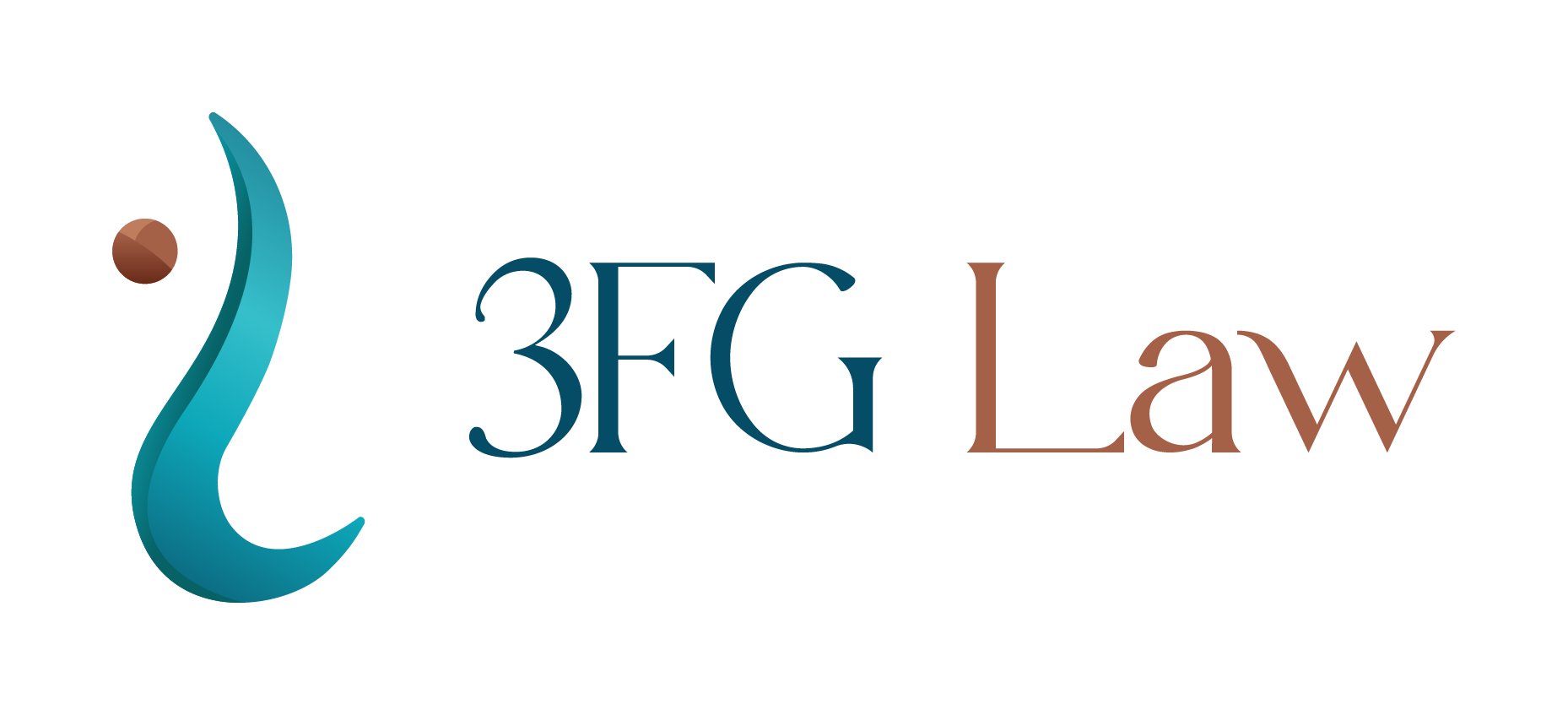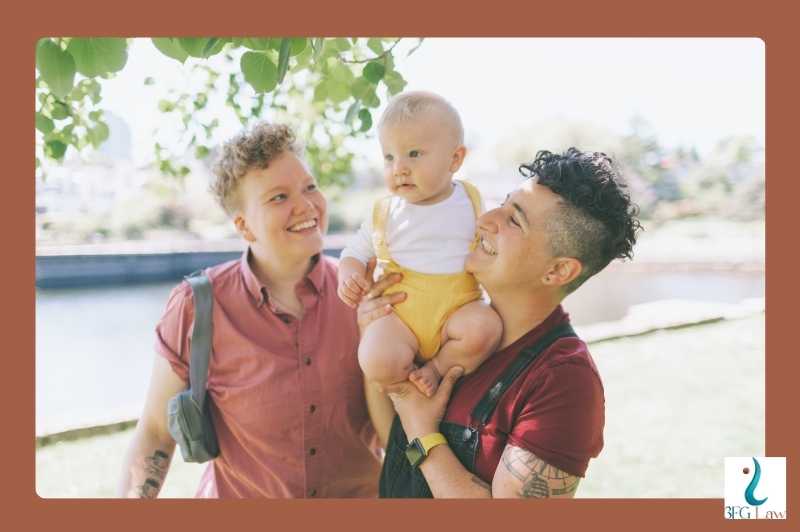The last decade brought enormous progress for LGBTQ+ rights—most notably the 2015 U.S. Supreme Court decision guaranteeing marriage equality nationwide. That ruling not only affirmed love and commitment but also opened access to critical financial and legal benefits that had long been out of reach. However, growing uncertainty about the future of these rights—especially in the event of another Trump administration—has left many in the LGBTQ+ community in Hawaii feeling uneasy.
For LGBTQ+ individuals and couples, particularly those who are unmarried or in non-traditional family structures, this uncertainty underscores an urgent need for structured financial and estate planning. While we can’t predict what legislative changes may come, we can take action to protect ourselves, our families, and our assets—starting today.
The Growing Need for Proactive Estate Planning
With conservative voices on the U.S. Supreme Court signaling that marriage equality may not be “settled law,” it’s not far-fetched to worry about a potential rollback of rights. Justice Clarence Thomas has already suggested the Court revisit past decisions, including Obergefell v. Hodges, the case that legalized same-sex marriage across the country.
These legal rumblings can feel deeply personal and unsettling. They serve as a reminder that the legal protections we rely on today may not be guaranteed tomorrow. If we return to a time where federal or even state recognition of LGBTQ+ relationships is in jeopardy, the financial and legal implications could be vast—especially for couples who are not married or families with children.
Higher Incomes, Greater Risks: Why LGBTQ+ Families Need Tailored Planning
While same-sex couples—particularly male couples—often have higher household incomes compared to their heterosexual counterparts, that doesn’t always translate to greater financial security. Many LGBTQ+ individuals and families face unique financial challenges that traditional couples may not encounter. Studies show LGBTQ+ clients often have less saved for retirement, carry more student debt, and face higher costs when starting or growing a family, especially when adoption or fertility treatments are involved. Add in concerns about job security and workplace discrimination, and it’s clear that higher income doesn’t always mean long-term stability. This gap between income and preparedness highlights the critical need for structured financial and estate planning tailored to the LGBTQ+ community—plans that address not just today’s income, but tomorrow’s security.
The good news? You have the power to shield your loved ones from legal confusion, unnecessary probate, and financial risk by putting the right documents in place now.
Estate Planning Protects Your Assets and Loved Ones
Estate planning for our Honolulu clients is about much more than just passing on wealth. It’s about making your wishes known, legally protecting your partner or chosen family, and ensuring your assets are handled the way you want—even if the law changes or you become unable to speak for yourself.
Here are essential estate planning tools every LGBTQ+ adult should consider:
1. Last Will and Testament
If you die without a will (known as dying “intestate”), state laws determine who inherits your assets—and they typically prioritize biological relatives. This means your partner, close friends, or chosen family members may be left out entirely. A will lets you name who should receive your assets and who will serve as guardian for your children or pets.
2. Revocable Living Trust
A trust can help your estate avoid probate, which can be time-consuming and public. This is especially helpful for LGBTQ+ families who may wish to avoid disputes or scrutiny from unsupportive relatives. Trusts also give you more control over when and how your assets are distributed.
3. Healthcare Power of Attorney and Medical Directive
Without clear documentation, your partner or spouse may be denied the right to make medical decisions for you—especially in states with less LGBTQ+ legal protection. A healthcare directive ensures your wishes are followed and that the right person is advocating for you in an emergency.
4. Financial Power of Attorney
This document allows someone you trust to manage your finances if you’re unable to. It’s especially crucial if your partner or spouse isn’t on joint accounts or property titles. Just because you are married, you do not automatically have the right to manage your spouse’s individual assets without a financial power of authority.
5. Parental Rights and Second-Parent Adoption
For same-sex couples raising children—especially where only one parent is biologically related—it’s essential to legally solidify both parents’ rights. A second-parent adoption or court-ordered guardianship can make sure your child isn’t left vulnerable if something happens to the biological parent.
What’s at Risk for LGBTQ+ Families in Hawaii If the Law Changes?
If marriage equality rights in the United States were reversed or weakened:
- Tax Benefits: Unmarried couples may face significant tax burdens when transferring assets between each other or inheriting property.
- Retirement & Social Security: Spousal benefits could be lost, affecting long-term financial stability.
- Healthcare Access: Partners could be denied hospital visitation or decision-making rights.
- Child Custody: Non-biological parents could lose custody or decision-making rights for their children.
- Real Estate & Inheritance: Property ownership and transfer could become legally messy, triggering probate or disputes with biological family members.
The legal and financial chaos this could create isn’t hypothetical—it was the norm for LGBTQ+ families just 10 years ago. But you don’t have to wait and see what happens. You can take control now.
Protect Your Peace of Mind—Plan Ahead with 3FG Law
It’s heartbreaking to see LGBTQ+ families navigate grief after a partner’s passing, only to be hit with legal battles, financial burdens, or cold shoulders from the legal system. But those outcomes are preventable.
No matter what happens in DC, you deserve peace of mind here in Hawaii. That comes from knowing your estate plan is solid, your family is protected, and your voice will be heard—now and in the future.
At 3FG Law, we value our LGBTQ+ clients because we understand your unique needs, concerns, and family structures. Whether you’re married, partnered, single, or raising kids, we’ll help you build a plan that reflects your values and protects the people you love.
You don’t need to have everything figured out—we’ll walk with you every step of the way, explain everything in plain English, and help you make confident decisions. You’ll never be treated like “just another client” here.
3FG Is Here for Our Clients—No Matter What the Future Holds
At 3FG Law, we are proud to be a safe, welcoming space for LGBTQ+ individuals and families. We know this can all feel overwhelming—especially when it seems like your rights are constantly up for debate. But you are not alone, and you do have options. We’re here to guide you, support you, and help you build a plan that will stand strong—no matter what changes may come in the law or the political landscape.
Book a call with our team to ensure you protect your assets, yourself, and the people who matter most.
Reference: Barron’s (March 26, 2025) “Wealthspire’s Steve Branton: Advice for LGBTQ+ Clients Worried About Changes Under Trump 2.0”




